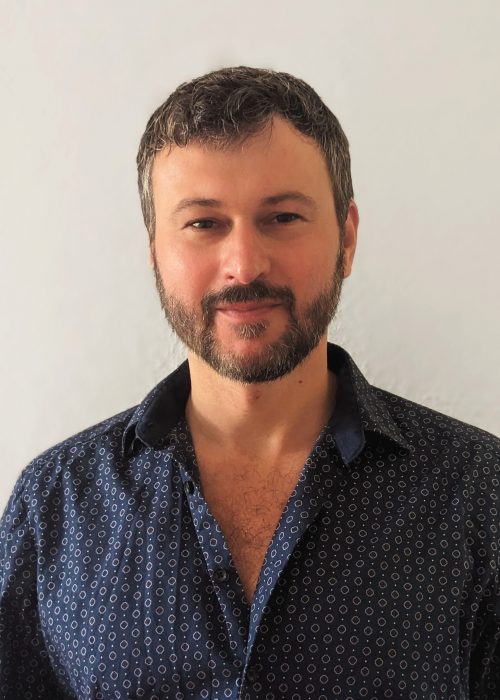2025
Project: Between the Aesthetics of Democratization and the Appearance of Development: Contemporary Public Arts in Tunisia After the Revolution
Dr. Justin Skye Malachowski
( Institute for Sociology and Cultural Organization, Leuphana University/ Tunisia )
Justin Malachowski is a postdoctoral scholar at the Institute for Sociology and Cultural Organization at Leuphana University. He holds a Ph.D. in Social Anthropology from the University of California, Davis. His research explores themes of art, media, urbanism, development, and family life. Malachowski has conducted over a decade of long-term ethnographic research in Tunisia, focusing on the transformation of contemporary art in the aftermath of the 2011 revolution. His current work examines cultural development in North Africa and the circulation of Global South art discourses in Europe. In addition to his academic work, Malachowski is an artist and curator. His recent publications include “Staging Arts in the Historic City: Development Funding, Social Media Images, and Tunisia’s Contemporary Public Art Scene” (Journal of City and Society, 2022), and “My Cigarette Wife and Other Queer Tales of Kinship from Tunisia’s Contemporary Public Art Scene” (Journal of Contemporary Ethnography).

Project IRF : Aesthetics & Cultural Practice, Inequality & Mobility, Memory & Justice, Resources & Sustainability, Identities & Beliefs
As part of the MECAM Fellowship “Imagining Futures: Dealing with Disparity,” Justin Malachowski will develop a book manuscript based on four years of ethnographic research on Tunisia’s contemporary public art scene. The project explores how public art has emerged as a central site for imagining and enacting alternative futures in the wake of Tunisia’s 2011 revolution. It traces the rapid expansion of the arts sector within a broader transformation of civil society, shaped by political liberalization, international development agendas, and shifting legal frameworks.
The book examines how public art practices engage with long-standing debates around national identity, historical memory, and cultural heritage, while also responding to new challenges posed by foreign funding, political oversight, and economic precarity. Particular attention is given to how artists and cultural practitioners negotiate the competing demands of international donors, local communities, and the state. Public art, in this context, becomes both a mode of aesthetic experimentation and a field of political contestation.
Drawing on ethnographic fieldwork conducted over a decade, the manuscript analyzes how artistic initiatives articulate visions of social transformation rooted in local contexts, yet deeply entangled with global discourses on development, participation, and decoloniality. It critically engages with how these dynamics have shaped both the form and content of contemporary art in Tunisia, and how they reflect broader tensions between sovereignty, cultural autonomy, and transnational influence.
By situating Tunisia’s public art scene within regional and global frameworks, the book contributes to interdisciplinary debates in anthropology, art history, cultural studies, and development studies. It offers a grounded analysis of how art mediates questions of futurity, identity, and governance in post-revolutionary contexts, and aims to provide new insights into the cultural politics of the Global South.
